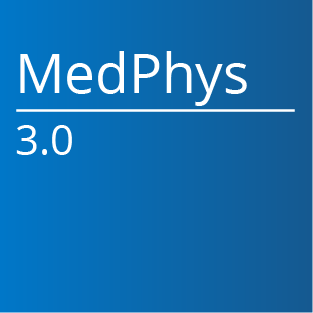Weddle's Syndicated Content:
They've Changed the Definition of Qualified
Many of you in transition have had the same confounding experience. You apply for an opening where you're a perfect match with its stated requirements and then hear absolutely nothing back. Ironically, many of you who hold a job are also having the same experience. Your work meets every requirement stated in your employer's position description, yet you still get only mediocre performance appraisals. What's going on?
Employers have changed the definition of "qualified." Without warning or notification, they have altered what it means to be a :"qualified applicant" and a "qualified performer." What's that mean? Regardless of whether you're in transition or in a job, you're now also in the dark.
In employers' defense, many of them aren't even conscious of what they've done. They haven't told you about this critical change or codified it in their recruitment ads and position descriptions because they aren't aware of having made the change. They're instituting a lot of adjustments in order to be competitive in today's unforgiving global economy, and that leaves them little time to understand the implications of any one of them.
You, however, can't ignore those implications. This one change will determine your ability to compete successfully for a new job or to work successfully at the job you already have. You have to know the new definition of "qualified" because that's the only way you can ensure you measure up.
So, how do you reposition yourself to ensure employers will now see you as "qualified?"
Historically, the definition of "qualified" has been competence. If you were in transition, you simply had to prove that you were able to do a job. And if you were employed, you simply had to prove you did the job as specified by your employer. Today, that's no longer enough.
Stretching Beyond Competence
The driving dynamic in today's fiercely competitive global economy is neither cheap labor nor hard work. It's smart labor. It's workers around the world who are better educated and higher skilled than ever before.
Smart labor integrates hard work with state-of-the-art knowledge. Experience is still important, but it no longer compensates for out-of-date capabilities. In essence, competence has been replaced by expertise.
Employers now want exactly the same thing from both a "qualified candidate" and a "qualified performer." They are looking for people who will not only do a job, but excel at it. They need workers who are smart enough to compete with and out-perform the smart workers who are employed by other companies, both overseas and here in the United States.
How do you prove you're a "smart worker?"
First, you have to believe in yourself. You have to be convinced that you are able to deliver superior performance on-the-job.
Second, you have to make that belief real. You have to ensure that your knowledge and skills are at the leading edge in your field.
What's the single best way to do that? Be engaged in continuous learning. Whether you're unemployed and looking for a job or employed and looking to hang onto the job you have, whether you're a senior executive with years of experience or a recent college or technical school graduate with no experience, whether you have 500 connections on LinkedIn or just 5 friends on Facebook, you have to be in school all of the time.
I realize that's an unsettling assertion. If you've been in the workplace for awhile - it's totally different from what you've experienced to date. And if you've just graduated from college - it's undoubtedly different from what you've been told. It is, however, the truth. The definition of "qualified" has changed, and, therefore, so must you.
This requirement may seem unfair. It may feel onerous or exhausting. It may frustrate and discourage you. But the one thing it can't do is prevent you from being successful. We all can learn, and that means we all have the inherent capacity to be equal to and even better than the new definition of qualified. You just have to decide you will.
Thanks for reading,
PeterVisit my blog at Weddles.com/WorkStrong.
June 2012
© Copyright 2012 WEDDLE’s LLC. All Rights Reserved.



















